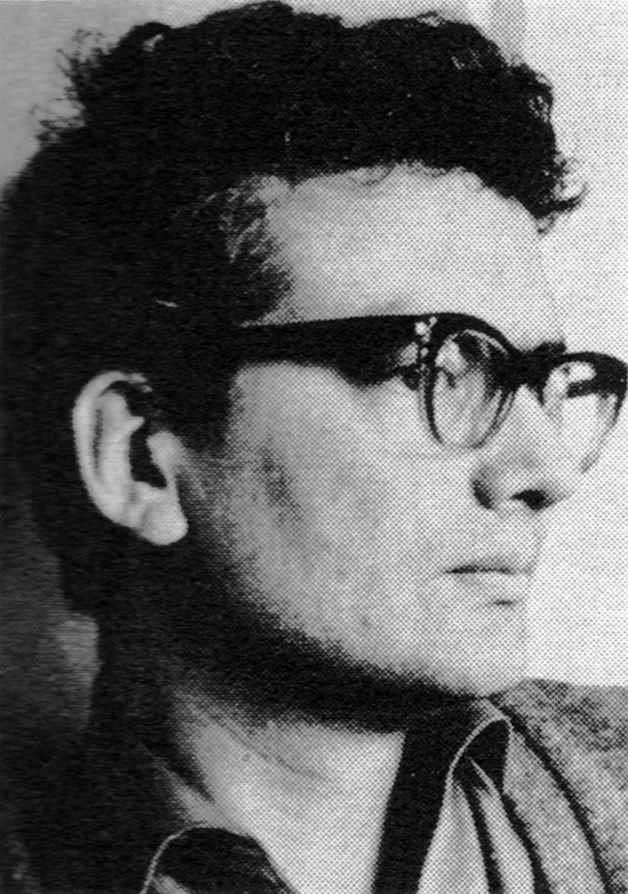Each year, leading Dutch artists were commissioned to design the covers and inner pages of Drukkersweekblad en Autolijn. Including designers included Dick Elffers, Willem Sandberg, Jan van Toorn, Wim Crouwel, and Jurriaan Schrofer. The journal documented important design trends and developments in The Netherlands.


